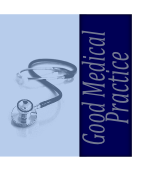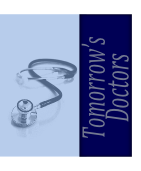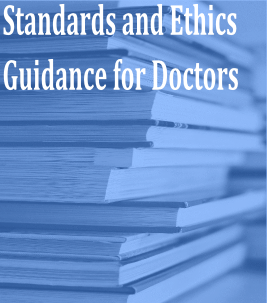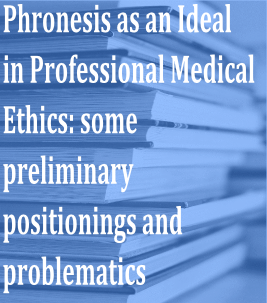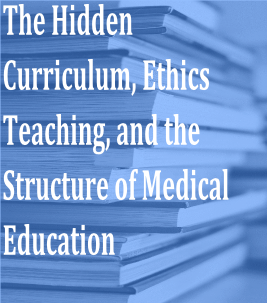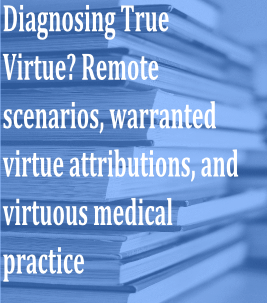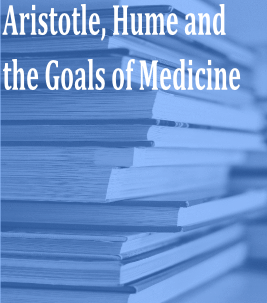
Most publicly significant professions, vocations and other human occupations in civil and civilized societies, have more or less formal codes of conduct, or ‘professional ethics’, designed to ensure good or just practice, and to protect clients. However, such codes seem insufficient to guarantee the conformity of individual practitioners.

From this viewpoint, many latter day professional failures or ‘scandals’ in contexts of public concern (such as in politics, law, medicine, social work, education and commerce) would appear to have been attributable more to failures of personal moral character in individual practitioners.
While institutions and agencies of professional education and training have recently and rightly sought to promote deeper appreciation of the principles of just professional engagement on the part of professional practitioners, it would seem that the no less urgent matter of helping them to acquire the moral qualities of integrity, courage, self-control, service, selflessness, and so on, has received less attention.
Principles of medical ethics may need to concentrate on virtue-based accounts of medical ethics which turn away from the action being performed, and towards the character of the practitioner making the decisions. The reality of learning: to practice medical ethics is not a matter of being taught a code, but of a hidden curriculum that exists largely in practice and example.

Review the General Medical Council’s Good Medical Practice and/or the Tomorrow’s Doctors document using the links provided.

Downlo ad the template and answer the following questions:
ad the template and answer the following questions:
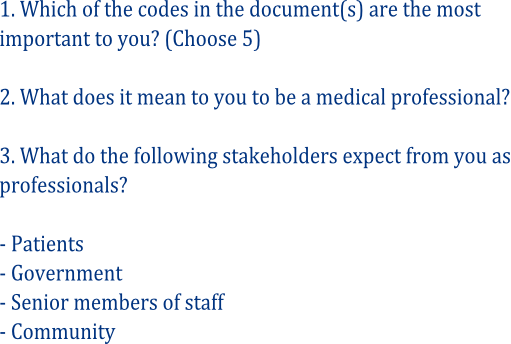

Write a short 500 word essay reflecting on the following (you may find this would make a good entry for your training portfolio or NHS appraisal portfolio):
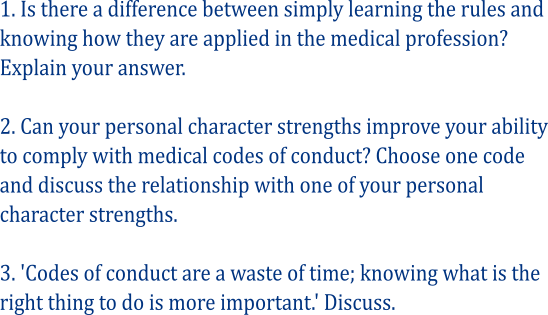

Consider the ‘you must’ and ‘you should’ terms used in Good Medical Practice.
Design your own ethical dilemma scenario which challenges  the compliance with the ‘you must’ or ‘you should’ terms. Create a list of actions available for a medical professional and ask a fellow student to read your dilemma and choose a choice of action.
the compliance with the ‘you must’ or ‘you should’ terms. Create a list of actions available for a medical professional and ask a fellow student to read your dilemma and choose a choice of action.
Discuss the course of action with fellow learners.

Explore the Standards and Ethics Guidance for Doctors as set out by the General Medical Council; including standards expected for good medical practice, issues of confidentiality, protection of children and young people and end of life care. | K. Kristjánsson- Phronesis has become a buzzword in contemporary medical ethics. Yet, the use of this single term conceals a number of significant conceptual controversies. This paper explores three of them and identifies considerable lack of clarity in the current discursive field on phronesis. | F. W. Hafferty and R. Franks – The authors raise questions regarding the wide-spread calls to intensify the formal teaching of ethics within the medical school curriculum. Several issues are explored, including whether medical ethics is best framed as a body of knowledge and skills or as part of one’s professional identity. |
J. Oakely – Immanuel Kant argues in the Foundations that remote scenarios are diagnostic of genuine virtue. In contrast, the author argues that a sole reliance on probabilistic approaches is inadequate, as they are insufficiently sensitive to considerations of credit and fault, which emerge when agents have developed various insurance strategies and protective capacities against their responding poorly to particular eventualities. | D. Misselbrook- While medicine is now an immense global industry, clinicians often appear unclear as to its goals. This paper seeks to clarify proper goals for healthcare and argues that healthcare should aim for the state of least possible illness or disability, or of maximal functional adaptation to illness or disability. |




